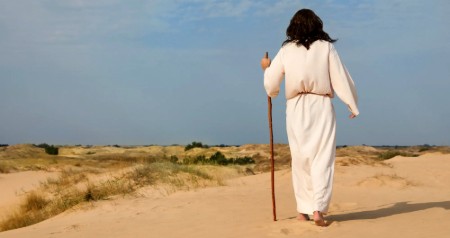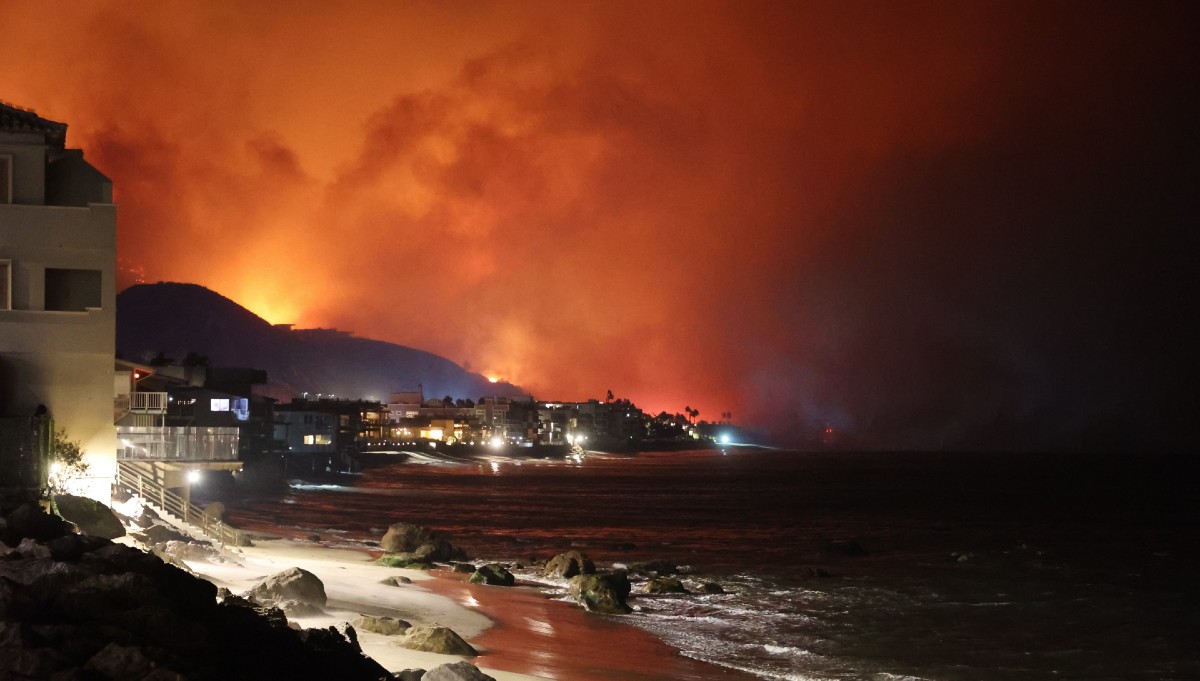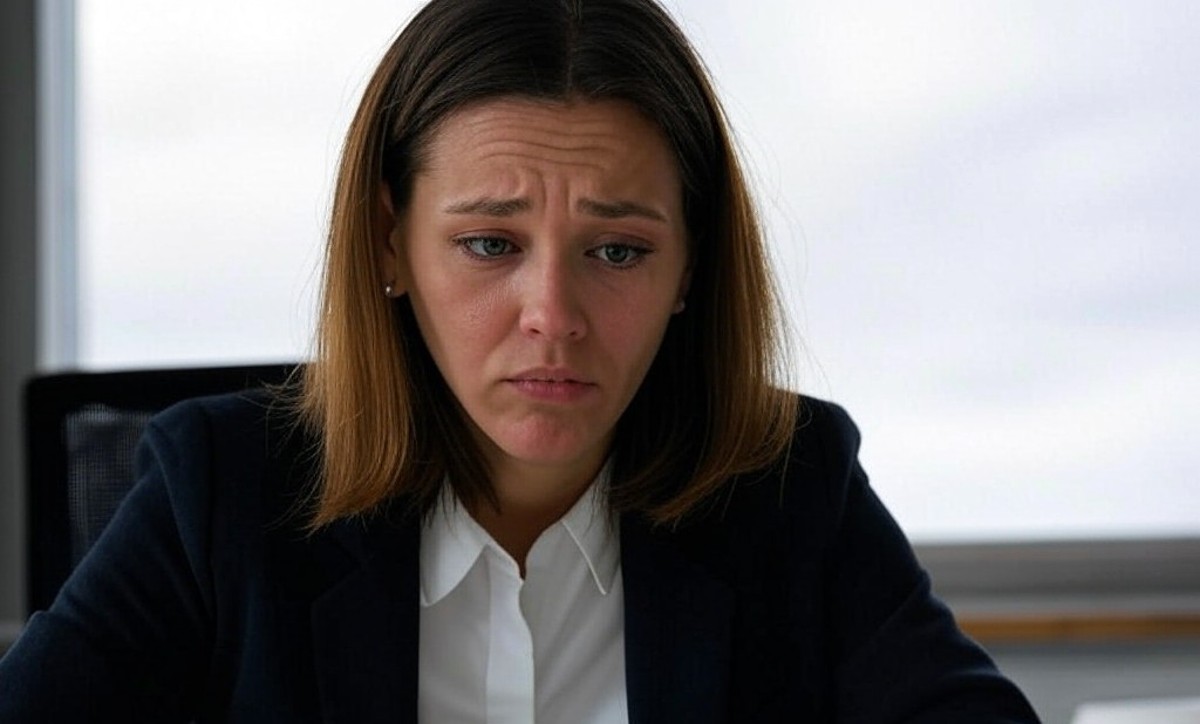 Dear readers, Catholic Online was de-platformed by Shopify for our pro-life beliefs. They shut down our Catholic Online, Catholic Online School, Prayer Candles, and Catholic Online Learning Resources—essential faith tools serving over 1.4 million students and millions of families worldwide. Our founders, now in their 70's, just gave their entire life savings to protect this mission. But fewer than 2% of readers donate. If everyone gave just $5, the cost of a coffee, we could rebuild stronger and keep Catholic education free for all. Stand with us in faith. Thank you. Help Now >
Dear readers, Catholic Online was de-platformed by Shopify for our pro-life beliefs. They shut down our Catholic Online, Catholic Online School, Prayer Candles, and Catholic Online Learning Resources—essential faith tools serving over 1.4 million students and millions of families worldwide. Our founders, now in their 70's, just gave their entire life savings to protect this mission. But fewer than 2% of readers donate. If everyone gave just $5, the cost of a coffee, we could rebuild stronger and keep Catholic education free for all. Stand with us in faith. Thank you. Help Now >
Special Report: Synod Confronts Christian Persecution in Middle East
FREE Catholic Classes
The Holy Father has heard the cries of our persecuted brothers and sisters in the Middle East. Catholic Bishops have been summoned to the Vatican for two weeks to focus more measured, international attention on the urgent plight of Christians in the Middle East, particularly Iraq. Systematically, the bishops are offering persecuted Christians hope, voicing urgent concerns for their unity and safety, and promoting harmony.
Highlights
Catholic Online (https://www.catholic.org)
10/17/2010 (1 decade ago)
Published in Middle East
Keywords: MiddleEast, Synod, Muslim, Jewish, catholic, orthodox, protestant, arab, israel, palestine
P>NASHVILLE, TN (Catholic Online) - The Holy Father has heard the cries of persecuted Christians in the Middle East. After papal visits to Turkey, the Holy Land, and Cyprus last year briefly turned the Church's attention to the extreme struggles of Christian communities there, Pope Benedict summoned bishops to the Vatican for a somewhat unexpected synod October 10-24 to focus more measured, international attention on the urgent plight of Christians in the Middle East, particularly Iraq.
Call for Christian Unity
Entitled, "The Catholic Church in the Middle East: Communion and Witness: 'Now the company of those who believed were of one heart and soul,'" the synod document and assembly are confronting the urgent plight of Christian minorities in the Middle East - Catholic, Orthodox, and Protestant. The quotation in the title is from Scripture, the Acts of the Apostles, and reflects the striking unity of the infant Church.
The theme was chosen to illustrate the synod's pastoral aim at encouraging, unifying and strengthening Christian faith, identity, and communion among existing churches in the largely Muslim region. Encouraging dialogue and openness with other churches and faiths, streamlining the different ancient Catholic liturgies, and the use of more Arabic in services were recommended to help unify splintered ethnic identities while remaining loyal to the reforms of Vatican II.
Ancient ethnic tensions underlie relations between Orthodox and Catholic Christians in the Middle East. Among Catholics, ethnic differences among Latin Catholic, Coptic, Maronite, Chaldean, Armenian, Syrian and Greek Melkite Catholic churches often prevent the demonstration of full Christian communion that would otherwise provide practical, daily support for the whole Christian community in the Arabic region.
Protestant Christians in the Arabic region often engage in aggressive proselytizing which incites Muslim backlash against all Christians there. The synod document urged all Christian churches to cooperate in making their voices heard in Middle Eastern society.
Because Christian communion has always been a strong and effective witness in societies where violence, confusion, economic crisis and political and spiritual chaos are embroiled, the Church hopes to nurture it for the good of the whole world. In his greeting, the pope highlighted "the delicate, and, at times, dramatic social and political situation of several countries," and the Church's need to foster dialogue with Jews and Muslims.
Delegates from Orthodox, Anglican and Lutheran communities, and around 185 bishops from Latin and Eastern Catholic churches from all over the world hope to foster unity and nurture an ecumenical dialogue. Also invited to address the synod, to strengthen interreligious cooperation were an Iranian ayatollah and a Muslim imam. Finally to reaffirm the special bond between the Jewish community and the the Church, a Jewish rabbi is a vital participant.
Specifically, the synod fathers are systematically addressing:
- relations with Islam and Judaism
- religious extremism
- regional political conflicts between Jews and Muslims and Christians and Muslims
- the Christian "exodus" from the Middle East
- promotion of inclusive Catholic ecclesial movements functioning in the Middle East that provide educational and social services to all
- protecting the nature and stability of the family, a concern shared by Jews, Muslims and Catholics
- the importance of Scripture in the biblical land
Voicing Concern
Concern, and even alarm, over the real threat of the disappearance of Christians from the Middle East is a recurring theme at the synod. The number of Christians has shrunk by three-fourths since the Iraq war.
The synod has articulated several causes for the ongoing persecution of the Christian minority in the Middle East. Radical Islamic violence against Christians and Israeli-Palestinian conflicts have diminished the Christian population in the Arab region as they are murdered or flee conflict, persecution or death.
Arab Christians experience discrimination by Israelis who attempt to protect themselves from Palestinian attack. Also contributing to the disappearance of Christians in the region is "the alarming decrease" of births among Christians and an ever growing birthrate among Muslims.
Voicing his concern that Christianity is disappearing from the land of its birth, Syrian Catholic Archbishop Basile Casmoussa of Mosul, Iraq, said immigration is fueled by "waves of terrorism inspired by religious ideologies," which subjugate and annihilate minorities, especially "Christians, the most vulnerable." They are the most vulnerable because they are a tiny minority.
The synod delegates, with the Holy Father, point out that the treatment of minorities is always a profound reflection of the social and moral condition of a society. Although not designed to solve these political or social problems, this synod begins an ecumenical push aimed at full, active unity of the churches and renewal of Arab society.
Real Hope and Change
Authentic Christian communion would support Christians and help renew the Middle East in several ways. Many ecclesial movements and groups are in operation, ministering and proclaiming the Gospel in the Arab region through works of charity. They have been engaged in education and health care initiatives for centuries. Like other ecclesial movements, they help struggling Christians and all people there in practical, everyday ways, but they also inherently work toward a unified humanity and the renewal of society.
Muslim countries often see secular modernity as a distinctly Western challenge to their conservative ways of life. The result has been a widespread fusion of ethnic and religious identities in Middle Eastern societies. Particularly destructive to citizens of other faiths in the area is this fusion of Arab and Muslim identity, as Sharia law (Muslim law) prevents religious freedom for non-Muslims. Yet Jews, Christians and Muslims share the region and are all members of Arab society.
A push for Christian unity, interfaith relations, diminution of advancing radical political Islam, and the promotion of democratic civic states, is all a part of the Church's call for sweeping social justice and real change. Such a renewal would help eliminate destructive theocracies, allow for greater religious freedom and equality among citizens, and nurture sound democracy.
In confronting the urgency and complexity of the problems, the synod document condemns all violence, whatever its origin, and calls for "a just and lasting solution to the Israeli-Palestinian conflict." Because religious freedom is an essential component of human rights, the synod affirms the rights of Israelis, Palestinians, Jews, Christians and Muslims to live in freedom and security in their own countries with internationally recognized borders.
Until then, however, Patriarch Gregory III, archbishop of the Greek-Melkite Catholics in Damascus, Syria, warned "Should [it] happen, should the East be emptied of its Christians, this would mean that any occasion would be propitious for a new clash of cultures, of civilizations and even of religions, a destructive clash between the Muslim Arab East and the Christian West."
-----
Sonja Corbitt is a Catholic speaker, Scripture teacher and study author, and a contributing writer for Catholic Online. Visit her at www.pursuingthesummit.com.
---
'Help Give every Student and Teacher FREE resources for a world-class Moral Catholic Education'
Copyright 2021 - Distributed by Catholic Online
Join the Movement
When you sign up below, you don't just join an email list - you're joining an entire movement for Free world class Catholic education.
-

-
Mysteries of the Rosary
-
St. Faustina Kowalska
-
Litany of the Blessed Virgin Mary
-
Saint of the Day for Wednesday, Oct 4th, 2023
-
Popular Saints
-
St. Francis of Assisi
-
Bible
-
Female / Women Saints
-
7 Morning Prayers you need to get your day started with God
-
Litany of the Blessed Virgin Mary
Introducing "Journey with the Messiah" - A Revolutionary Way to Experience the Bible
-

Catholic Response to Devastating Los Angeles Wildfires
-

Federal Court Blocks Biden Administration's Gender Identity Rule
-
A Future for Life: Introducing the Winners of the Priests for Life Pro-Life Essay Contest
-
Reflections on Pope Francis' 2025 World Day of Peace message
Daily Catholic
 Daily Readings for Friday, January 10, 2025
Daily Readings for Friday, January 10, 2025 St. William of Bourges: Saint of the Day for Friday, January 10, 2025
St. William of Bourges: Saint of the Day for Friday, January 10, 2025 Prayer for a Blessing on the New Year: Prayer of the Day for Tuesday, December 31, 2024
Prayer for a Blessing on the New Year: Prayer of the Day for Tuesday, December 31, 2024- Daily Readings for Thursday, January 09, 2025
- St. Adrian, Abbot: Saint of the Day for Thursday, January 09, 2025
- St. Theresa of the Child Jesus: Prayer of the Day for Monday, December 30, 2024
![]()
Copyright 2024 Catholic Online. All materials contained on this site, whether written, audible or visual are the exclusive property of Catholic Online and are protected under U.S. and International copyright laws, © Copyright 2024 Catholic Online. Any unauthorized use, without prior written consent of Catholic Online is strictly forbidden and prohibited.
Catholic Online is a Project of Your Catholic Voice Foundation, a Not-for-Profit Corporation. Your Catholic Voice Foundation has been granted a recognition of tax exemption under Section 501(c)(3) of the Internal Revenue Code. Federal Tax Identification Number: 81-0596847. Your gift is tax-deductible as allowed by law.







 Daily Readings for Friday, January 10, 2025
Daily Readings for Friday, January 10, 2025 St. William of Bourges: Saint of the Day for Friday, January 10, 2025
St. William of Bourges: Saint of the Day for Friday, January 10, 2025 Prayer for a Blessing on the New Year: Prayer of the Day for Tuesday, December 31, 2024
Prayer for a Blessing on the New Year: Prayer of the Day for Tuesday, December 31, 2024

